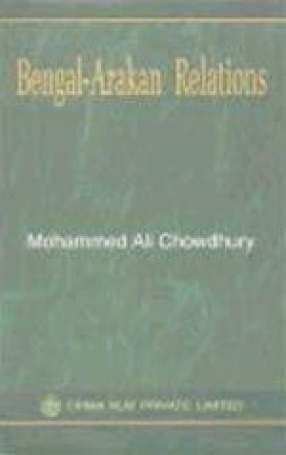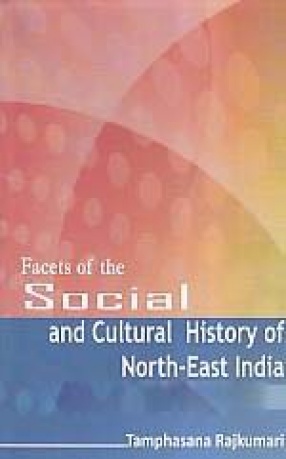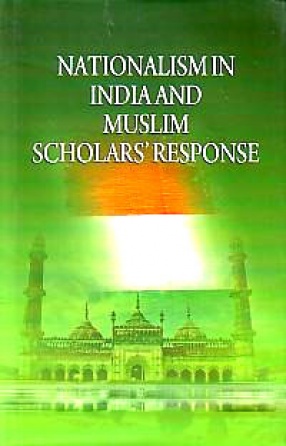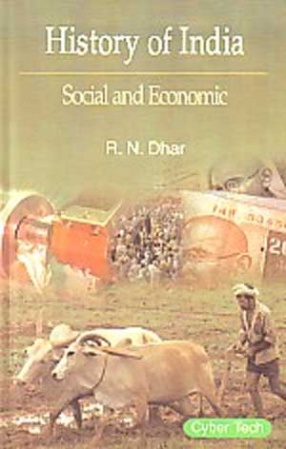The present work makes a full length interpretative study of the geo-politics and cultural relations of Bengal and Arakan from 1430 to 1666 A.D. The period began in the year 1430, which witnessed a new era in the Bengal-Arakan relations. In that year Min Sowa Mun, an exiled King of Arakan, was restored to the throne of Arakan by the King of Bengal, Sultan Jalal-ud-din Mohammad Shah. Later the Arakanese King became a tributary to the Sultan of Bengal and under took to assume a Muslim name and strike coins with Kalima inscribed thereon. So the Muslim influence in Arakan was deeply rooted. The relations were sometimes friendly, but more often they were at daggers drawn. The enmity was chiefly over the possession of Chittagong which was for long under the control of Arakan. Later the Arakanese Maghs entered into a scheme of plundering Mughal territory in Bengal by making an alliance with the Portuguese pirates, because they found piracy more profitable than enmity and clash. So the Magh-Portuguese piracy was a menace to the peace of Bengal. The study ends with the year 1666, when Chittagong was conquered by the Mughals from the Arakanese control. The Arakanese Maghs left Chittagong never to reoccupy it. Chittagong finally became a part of Bengal. So, the history of Bengal-Arakan relations in a given period is an important and also a fascinating one both from political and cultural point of view. This book should be of interest to the general readers of history and specialists alike.
Bengal-Arakan Relations (1430-1666 A.D.)
In stock
Free & Quick Delivery Worldwide
reviews
Bibliographic information
Title
Bengal-Arakan Relations (1430-1666 A.D.)
Author
Edition
1st ed.
Publisher
ISBN
8171021182
Length
xi+252p., Plates; Maps.
Subjects





There are no reviews yet.